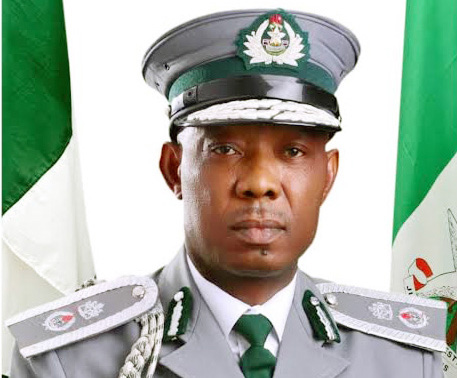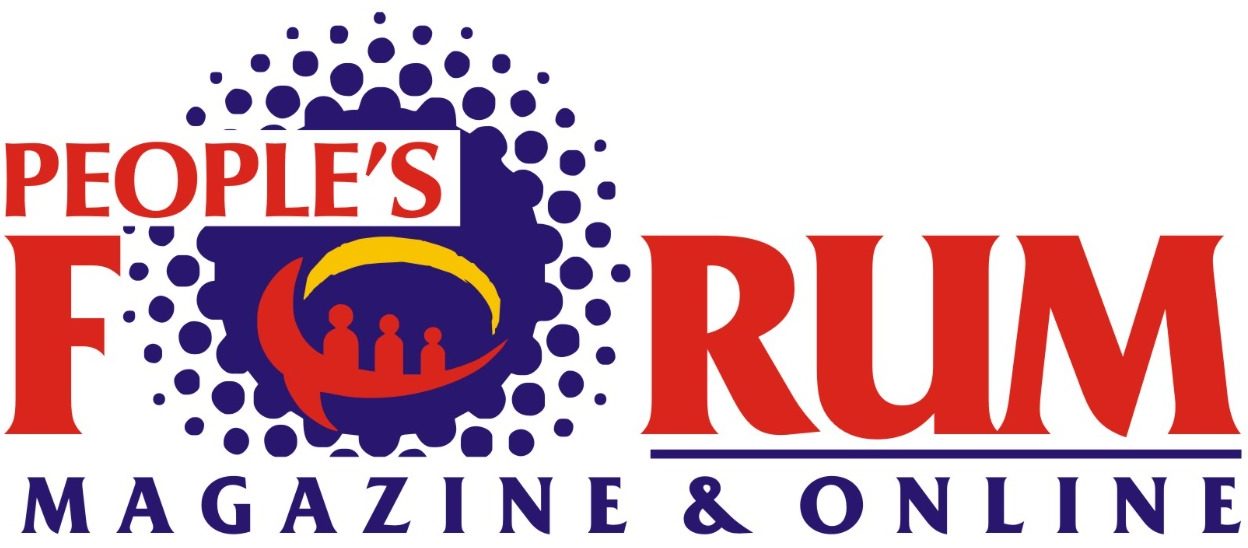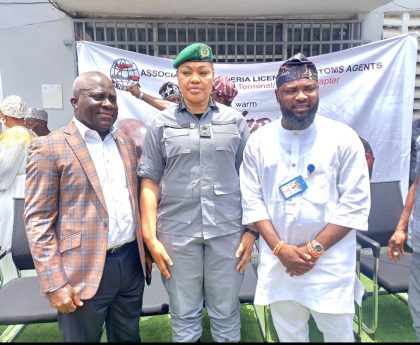Government agencies operating in the ports have agreed to prioritize exports knowing fully well that most of them are perishable goods.
They also agreed to optimize service delivery in the export sector in order to boost the economy.
The agencies which include Nigeria Customs Service, Standard Organization of Nigeria (SON), NAFDAC, NDLEA, Nigeria Police, and others at a stakeholders meeting in Lagos on Tuesday at the behest of Tin Can Customs Command frankly addressed the bureaucratic bottlenecks which impact negatively on exports.
The meeting which was also attended by freight forwarders frowned at utterances and actions of Nigerians that tend to demarket Nigerian ports, saying that such do have grave consequences on business transactions and costs.
The meeting frowned at exaggeration of certain ills in Nigerian port system with a warning that such exaggerations may cause less patronage and high freight cost as international business community will feast on the exaggerated ills.
Briefing the press after the well attended stakeholders meeting, the Customs Area Controller of Tin Can Command, Comptr. Dera Nnadi, mni, stated that participants were down to earth frank in their discussion which was devoid of blame game.
According the controller, participants spoke the way things are without colouration, accepting where they know that they are wrong, with a promise to make corrections.
In his words: “It was a very frank meeting where everybody expressed sincerely what happens. They made commitments to do the right thing.”
Nnadi noted that each agency agreed to work within its mandates when making intervention in goods leaving or coming to the ports.
He stressed that bearing in mind that non-compliance encourages some of these interventions, clearing agents were urged to educate their importers on the need to be compliant.
The CAC said that the agents themselves made requests for their training as most trainings and capacity building in the system focus on government agencies.
He hinted that the agencies agreed to extend training to them. “We agreed. I told them that in the past Customs trained agents and so on and so forth. I also encouraged other agencies to do the same. In the meantime we will improve on the one we already arranged for them. We also expect that some of the other agencies will also incorporate agents in their own activities,” the controller stated.





